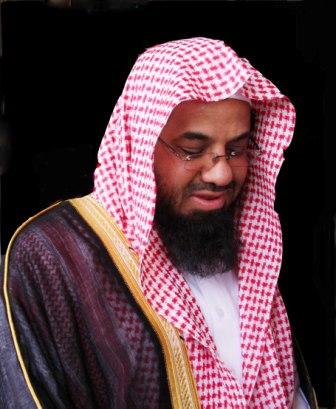
Sa`ud ash-Shuraym
(Murattal)
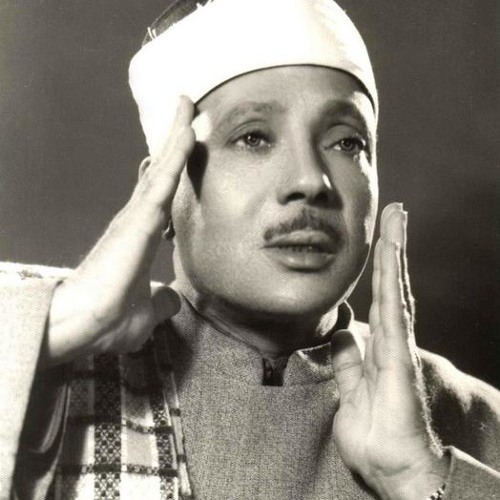
AbdulBaset AbdulSamad
(Murattal)

Abu Bakr al-Shatri
(Murattal)
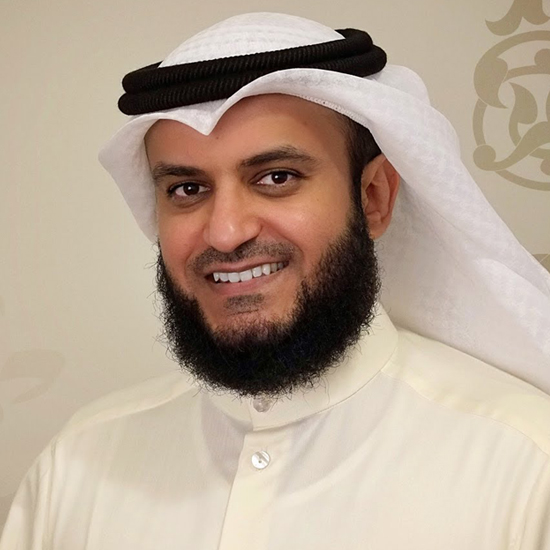
Mishari Rashid al- Afasy
(Murattal)

Khalifah Taniji
(Murattal)
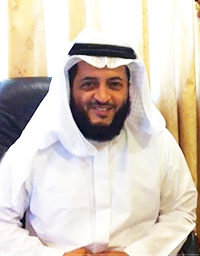
Hani ar-Rifai
(Murattal)
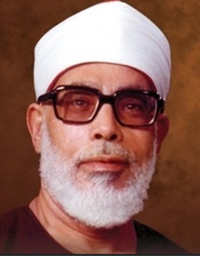
Mahmoud Khalil Al-Husary
(Murattal)
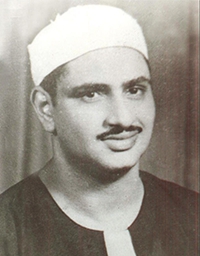
Mohamed Siddiq al-Minshawi
(Murattal)

Abdur-Rahman as-Sudais
(Murattal)

Muhammad Siddiq al-Minshawi
(Mujawwad)

AbdulBaset AbdulSamad
(Mujawwad)

Al-Hussayni Al-'Azazy
(with Children)
Murattal is a Quranic recitation style
characterized by a faster and more straightforward pace compared to the
Mujawwad style. In Murattal, the reciter adheres to the rules of Tajweed
(proper pronunciation) but focuses more on continuous and smooth reading, often
used for memorization and daily practice of the Quran.
Key Features of Murattal:
- Faster Pace: Compared to Mujawwad, Murattal has a
quicker reading speed, without prolonging sounds or emphasizing complex
melodies.
- Continuity: The reciter maintains a steady
rhythm, making it easy to listen to and follow along with the content.
- Clarity: This style helps listeners
understand and follow Quranic verses more easily, making it suitable for
teaching and self-study.
Mujawwad refers to a specific method of
reciting the Quran, characterized by a slow, reverent, and melodic style with a
strong emphasis on adhering to the rules of Tajweed (proper pronunciation in
Arabic). In this style, the reciter often prolongs sounds and emphasizes the
accuracy of each letter's pronunciation, highlighting the beauty and meaning of
the Quranic verses.
Key Features of Mujawwad:
- Slower Pace: Compared to other styles like
Murattal, Mujawwad is slower, allowing listeners to absorb each word and
verse deeply.
- Melodic Intonation: Reciters often use musical
notes and vocal tones to create a solemn, profound melody.
- Adherence to Tajweed: Every rule
of Tajweed is meticulously applied to ensure each word is pronounced
correctly and according to the standard.

